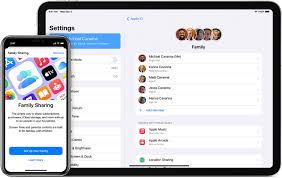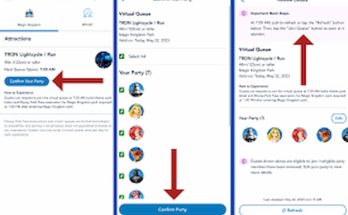Joining the National Guard is a great way to serve your country while maintaining your civilian career. Whether you are just starting out or considering a career change, understanding the age requirements for joining the National Guard is crucial. This guide will provide detailed information on how old you can be to join the National Guard and explore the benefits and considerations of enlisting at different ages.
Age Requirements for Joining the National Guard
Minimum Age Requirement
To join the National Guard, you must be at least 17 years old. If you are 17, you will need parental consent to enlist. At 18 years old, you can join without parental consent. This ensures that recruits are mature enough to handle the responsibilities and challenges of military service.
Maximum Age Requirement
The maximum age to join the National Guard is generally 35 years old. This age limit ensures that recruits are physically capable of meeting the demands of training and service. However, there are exceptions and waivers available in certain circumstances:
Age Waivers
Age waivers can be granted on a case-by-case basis for individuals who exceed the maximum age limit. These waivers depend on various factors, including:
- Physical Fitness: Older recruits must demonstrate excellent physical fitness.
- Skills and Experience: Specialized skills or prior military experience can increase the chances of receiving an age waiver.
- Medical and Background Checks: Comprehensive medical and background checks are conducted to ensure the recruit is fit for service.
Enlisting at Different Ages: Benefits and Considerations
Enlisting at a Younger Age (17-24)
Benefits:
- Longer Career Potential: Younger recruits have the opportunity to build a longer military career.
- Educational Benefits: Access to educational programs such as the GI Bill can help cover college tuition.
- Physical Fitness: Younger individuals may find it easier to meet the physical demands of training.
Considerations:
- Life Experience: Younger recruits may have less life experience and may need time to adjust to military life.
- Parental Consent: At 17, recruits need parental consent to enlist.
Enlisting at a Mid Age (25-30)
Benefits:
- Maturity and Experience: Recruits in this age range often bring more life experience and maturity.
- Career Transition: Joining the National Guard can offer a new career path or supplement an existing career.
- Financial Stability: Older recruits may have greater financial stability and can take advantage of National Guard benefits.
Considerations:
- Physical Fitness: Maintaining physical fitness can be more challenging but is achievable with dedication.
- Balancing Responsibilities: Older recruits may need to balance military commitments with family and career responsibilities.
Enlisting at an Older Age (31-35)
Benefits:
- Skills and Experience: Older recruits often have specialized skills and experience that can be valuable to the National Guard.
- Leadership Potential: Maturity and experience can position older recruits for leadership roles.
- Retirement Benefits: Joining later in life can still offer valuable retirement benefits after completing service.
Considerations:
- Physical Demands: Meeting the physical requirements can be more challenging but achievable with preparation.
- Time Commitment: Balancing National Guard service with existing career and family commitments can be demanding.
Steps to Join the National Guard
If you meet the age requirements and are ready to join the National Guard, follow these steps:
1. Research and Preparation
- Learn About the National Guard: Understand the roles, responsibilities, and benefits of serving in the National Guard.
- Assess Fitness Levels: Begin a fitness regimen to prepare for the physical demands of training.
2. Contact a Recruiter
- Find a Local Recruiter: Contact a National Guard recruiter to discuss your eligibility and interest.
- Ask Questions: Inquire about the enlistment process, training, and any age-related concerns you may have.
3. Complete the Application Process
- Submit Necessary Documents: Provide required documents, including identification, educational records, and medical history.
- Take the ASVAB: Complete the Armed Services Vocational Aptitude Battery (ASVAB) test to determine your qualifications for specific roles.
4. Attend Basic Training
- Complete Training: Successfully complete basic combat training (BCT) and advanced individual training (AIT) to become a fully qualified member of the National Guard.
Conclusion
Understanding the age requirements to join the National Guard is crucial for making an informed decision about enlisting. Whether you are a young adult looking to start a military career or an older individual seeking a new opportunity, the National Guard offers valuable benefits and opportunities for service. By meeting the age criteria and preparing adequately, you can embark on a rewarding journey with the National Guard.



